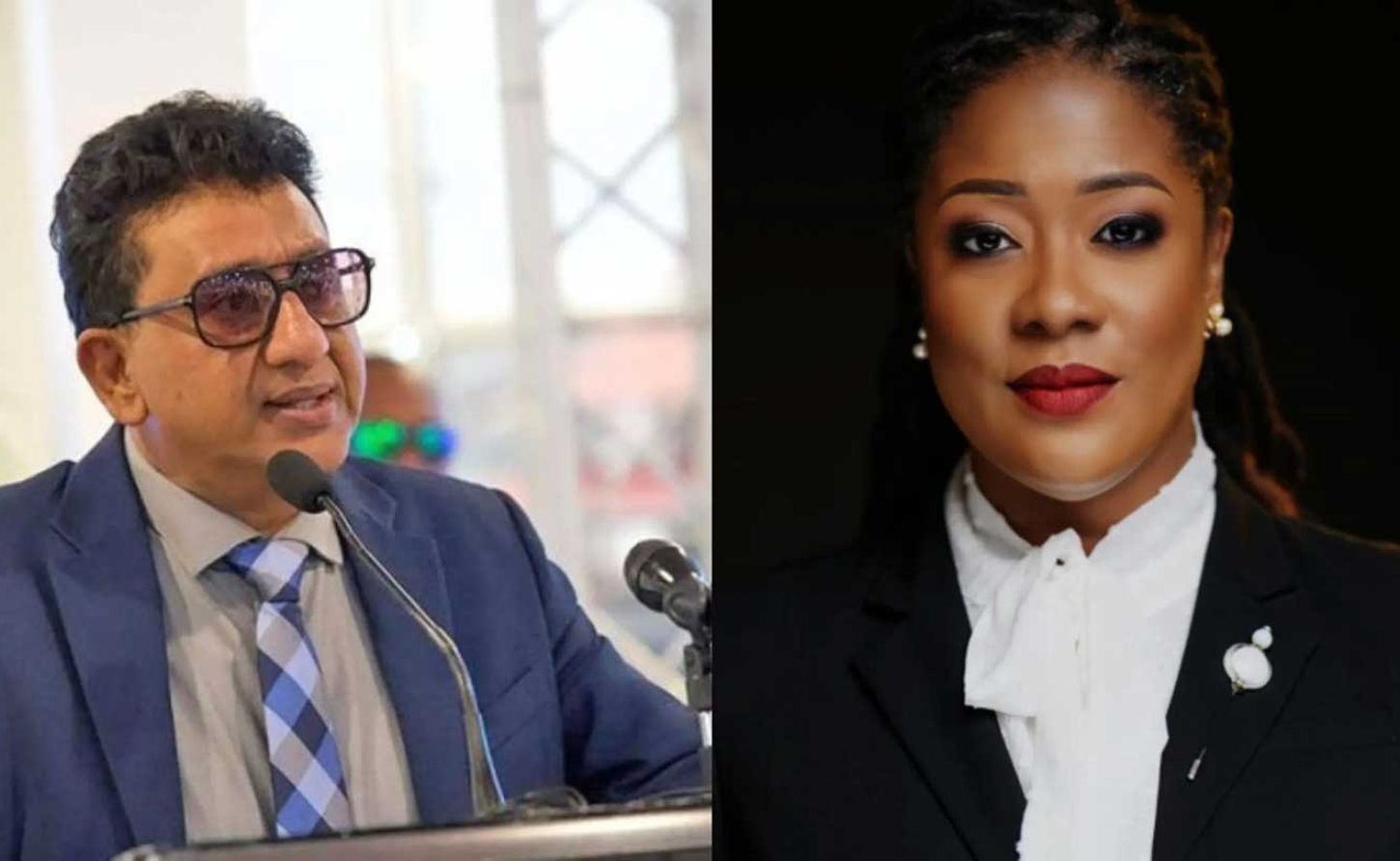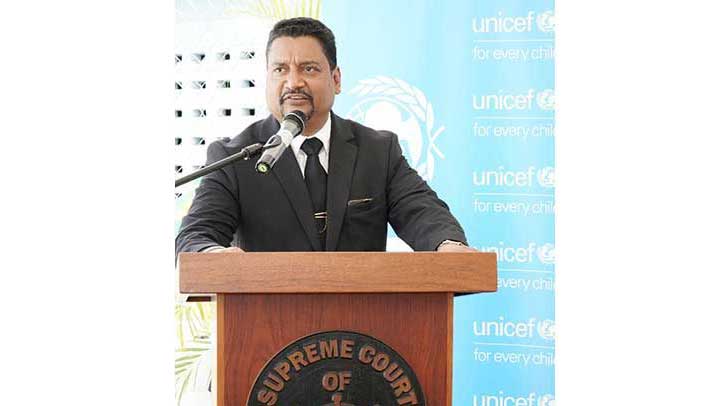GUYANA | Why Guyana's Courts Must Nurture, Not Punish Political Participation

An OpEd Commentary
$2 million. That's the price Guyana's courts have placed on seeking constitutional clarity. That's the penalty for daring to question electoral processes. That's the message our judiciary has sent to every young Guyanese who might dream of participating in their democracy: approach these hallowed halls at your financial peril.
Lincoln Lewis cuts straight to the bone in his searing analysis of Acting Chief Justice Navindra Singh's ruling against the Forward Guyana Movement. This isn't just disappointing—it's a democratic disaster that should alarm every citizen who believes courts exist to serve justice, not silence dissent.
When Justice Becomes Intimidation
Lewis rightly identifies the dangerous precedent at work here. As he powerfully argues, "The ruling reads not as an interpretation of constitutional law but as a message that says do not dare question the status quo." This is precisely the kind of judicial intimidation that transforms courts from democracy's guardians into its gravediggers.
Think about what we're really witnessing: a new political party, barely a week after discovering their ballot exclusion, sought legal recourse through proper constitutional channels.
They didn't take to the streets. They didn't cry foul in the media first. They did exactly what civics textbooks tell citizens to do—they approached the courts. And for this civic virtue, they were financially hammered.
The timing argument that justified this penalty is particularly galling. FGM filed on August 20, had their case heard August 27, and received judgment August 29.
This timeline suggests urgent judicial attention, not frivolous delay. Yet somehow, seeking constitutional clarity within a week of ballot exclusion warrants a $2 million punishment? This logic would make Kafka blush.
Democracy Dies When Participation Gets Punished

We bemoan low voter turnout, limited political engagement, and the dominance of established parties. Then, when a new movement emerges and uses proper legal channels to address concerns, we financially crucify them.
What ambitious young Guyanese will now consider forming a political party, knowing that challenging electoral decisions could cost them their life savings? What emerging leaders will risk constitutional litigation when the courts have demonstrated their willingness to bankrupt those seeking clarity?
Lewis captures this chilling effect perfectly: "Never must a citizen fear that seeking justice will bankrupt them. Never must a party, no matter how small or new, be punished for daring to challenge the might of the establishment."
This isn't just about FGM—it's about the democratic space we're creating for future generations. When courts become weapons of discouragement rather than forums for constitutional interpretation, democracy withers from within.
The Caribbean's Democratic Crisis
This ruling lands at a particularly troubling moment for Caribbean democracy. From Jamaica to Trinidad, the region faces growing concerns about democratic backsliding, judicial independence, and the weaponization of state institutions. Small island democracies like ours cannot afford courts that intimidate rather than illuminate.
The irony is devastating: while regional leaders speak eloquently about strengthening democratic institutions, our courts are actively undermining them. We celebrate CARICOM's democratic rhetoric while our judiciary punishes citizens for exercising democratic rights.
The CCJ Must Step In
This is precisely why the Caribbean Court of Justice exists—to protect regional democratic values when local courts fall short. FGM must appeal this decision, and the CCJ must seize this opportunity to send a clear message: seeking constitutional clarity is a democratic right, not a punishable offense.
As Lewis astutely observes, if the CCJ overturns this ruling, "will the judge welcome that judgment with the same speed and strength with which he issued his ruling? Or will it simply expose the personal prejudice that tainted the original ruling?"
The CCJ has the chance to be democracy's champion here, to establish that constitutional litigation is protected political participation, not grounds for financial punishment.
The Choice Before Us
Lewis ends with a chilling warning that resonates across the Caribbean: "democracy dies not only with a gun but also with a gavel, when the hand that swings it forgets who it was meant to protect."
We stand at a crossroads. Either we demand courts that nurture democratic participation, or we accept a judiciary that financially punishes constitutional questions. Either we protect the right to seek legal clarity, or we surrender to a system where only the wealthy dare challenge electoral decisions.
The gavel has been raised. The question is whether it will build democracy up or break it down. Guyana's future—and the Caribbean's democratic credibility—hangs in the balance.
-30-
